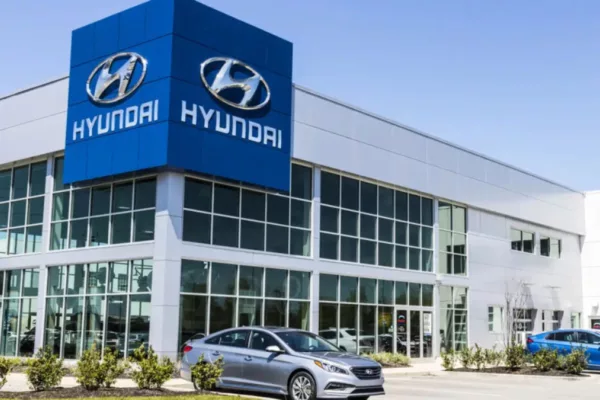Hyundai Motor India, a prominent player in the Indian automobile industry, has announced a significant move to prioritize vehicle safety. The South Korean carmaker has decided to offer six airbags as a standard feature across its entire range of 13 models, including even the base variants. This decision marks a proactive effort by Hyundai to catch up with the growing emphasis on safety equipment in passenger vehicles.
In recent times, domestic original equipment manufacturers (OEMs) like Tata Motors and Mahindra & Mahindra have been setting high standards in vehicle safety, particularly in the Global New Car Assessment Programme (GNCAP). Their commitment to safety has resonated with a sizable population of safety-conscious young buyers in India.
Hyundai’s commitment to safety extends beyond standardizing airbags. The company also plans to submit three of its models for testing under the newly established Bharat New Car Assessment Programme (BNCAP). The final guidelines for this program were formalized on October 1. Hyundai’s aspiration is to achieve a 5-star GNCAP safety rating for its latest offering, the micro-SUV Exter, which competes with Tata’s 5-star rated Punch, a model that significantly boosted the brand’s sales.
What sets Hyundai’s move apart is its decision to make six airbags a standard feature even in the base models of its vehicles. While many automakers offer six airbags as optional upgrades in the more expensive trim levels, Hyundai is leading the way by making them part of the standard configuration across its range. The company had previously received a 5-star safety rating from GNCAP for its Verna sedan, making it the first “Made in India” product to attain such a rating.
Tarun Garg, Chief Operating Officer (COO) of Hyundai Motors India, explained, “80% of our models already come with six airbags, and a few variants of the i10 Nios, Aura, and Venue where it wasn’t standard will now have it. The price increase related to this will be minimal, in the range of ₹8,000-9,000.”
Hyundai’s broader strategy to regain a competitive edge includes making advanced safety features, like the Advanced Driver Assistance System (ADAS), available in a higher percentage of its product lineup, increasing active safety features such as Electronic Stability Control (ESC) with Vehicle Stability Management (VSM), and standardizing basic passive safety equipment like six airbags and seat belt reminders across all models.
As per Garg, the response to ADAS has been positive, with 35% of Verna sales attributed to the ADAS variant. Hyundai’s approach aligns with the growing safety consciousness among Indian consumers, and the company is committed to meeting these expectations as it evolves and adapts to the changing automotive landscape. With this move, Hyundai Motor India is poised to enhance vehicle safety and elevate the overall driving experience for its customers.










